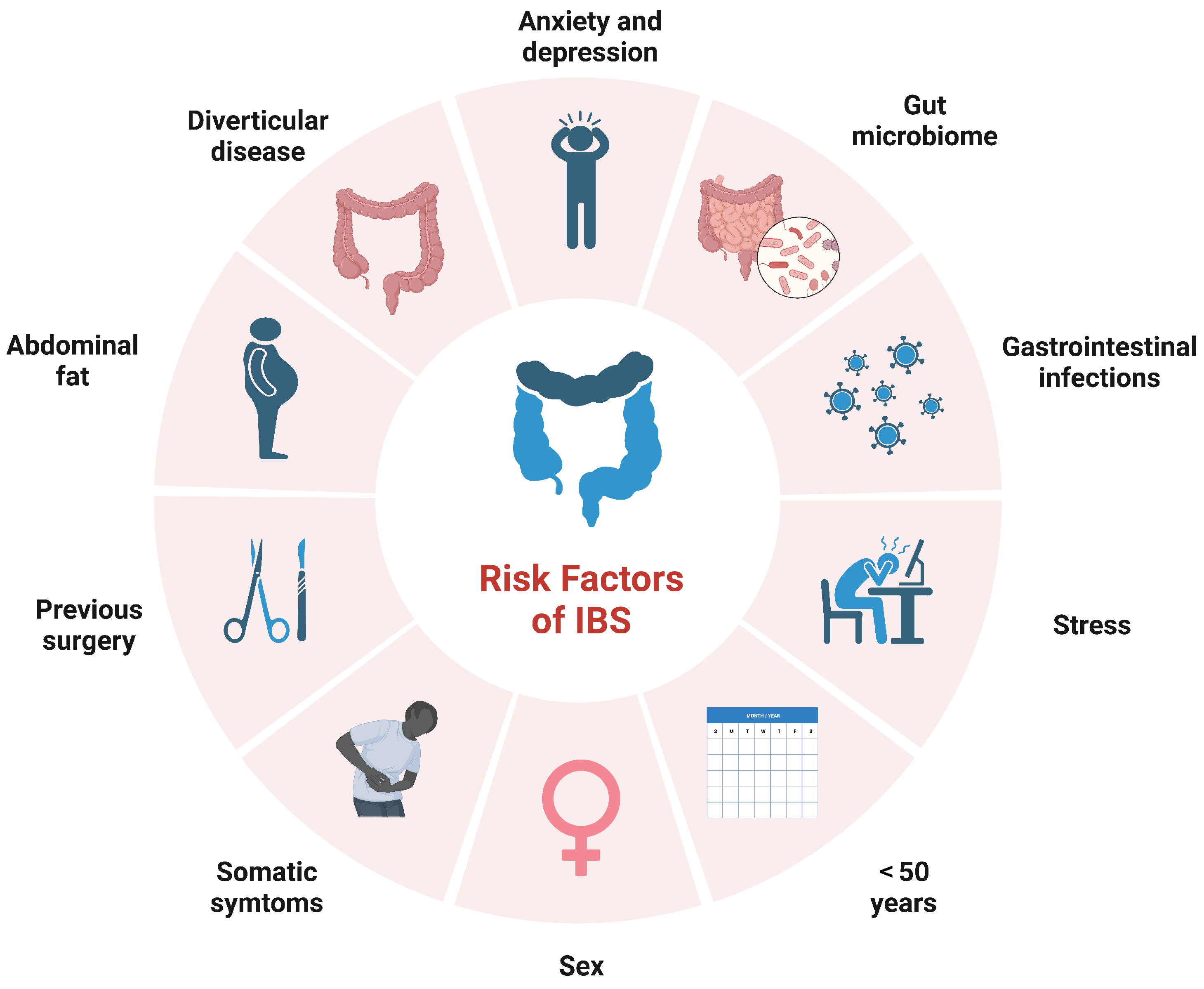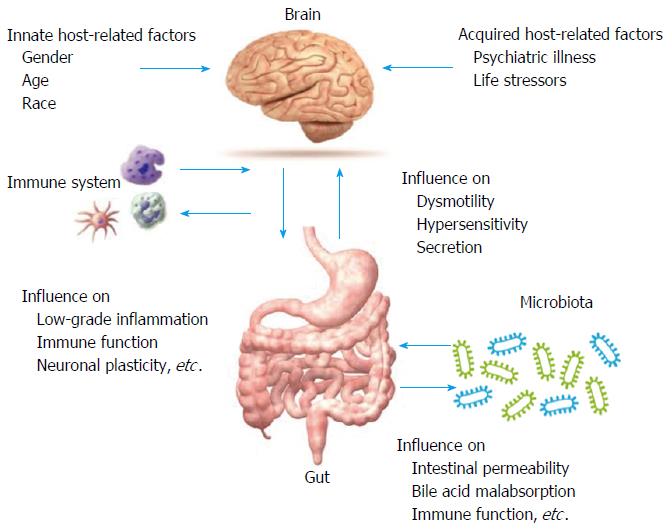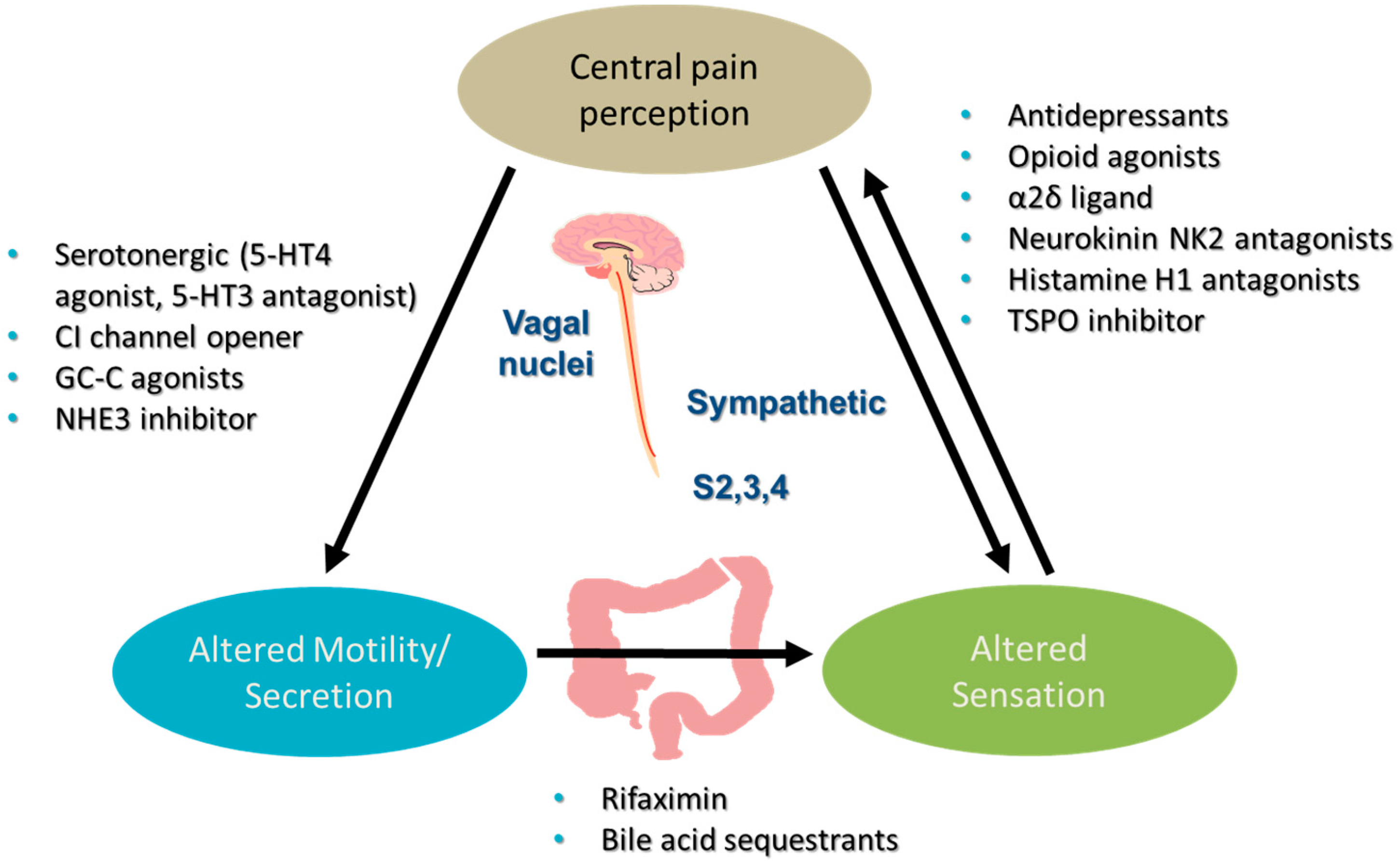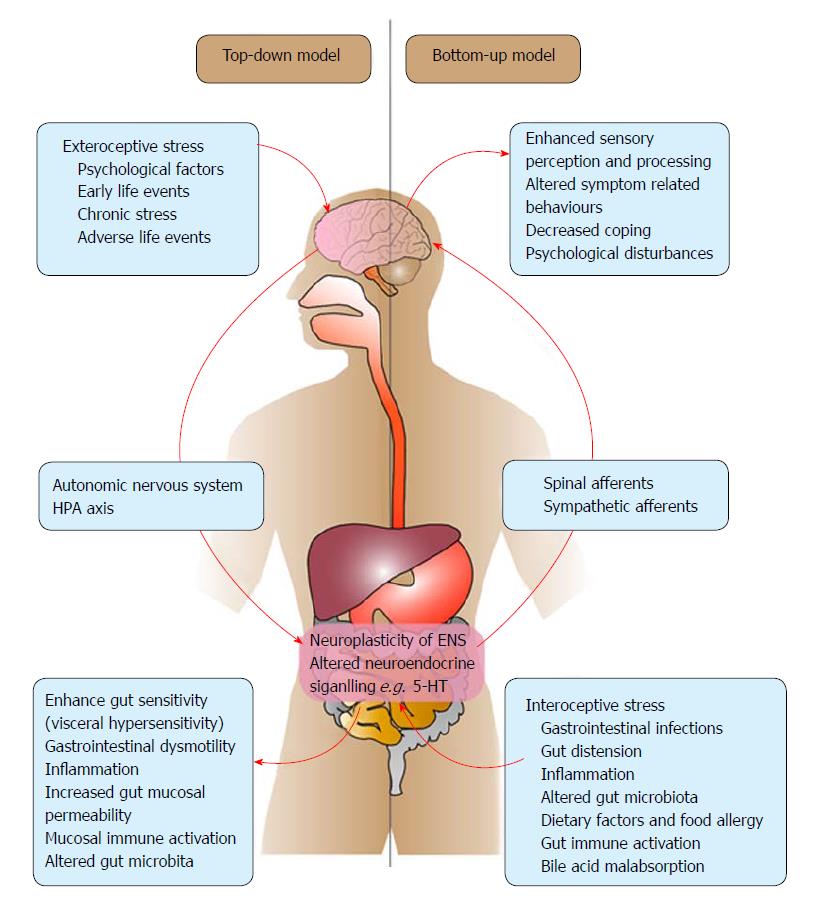Innovation: Intelligent bacteria demonstrate high efficacy in the treatment of widespread disease irritable bowel syndrome with typical symptoms of recurrent diarrhoea, abdominal pain, bloating and constipation
Por un escritor de hombre misterioso

New therapy with unique bacterial strain B. bifidum HI-MIMBb75 promises help for approximately 80 million Europeans suffering from irritable bowel syndrome1 World's largest clinical OTC irritable bowel syndrome trial investigating the efficacy of this particular strain published in the renowned medical journal The Lancet Gastroenterology & Hepatology2 Results show significant efficacy for all predominant irritable bowel syndrome symptoms and all subtypes while simultaneously improving patients’ quality of life2 (Gräfelfing/Munich, Germany) The world's largest OTC irritable bowel syndrome (IBS) trial comes up with remarkable results, which were recently published in the renowned medical journal The Lancet Gastroenterology & Hepatology. For the first time, leading German scientists around Prof. Dr. Peter Layer (Israelitic Hospital Hamburg) were able to prove the significant efficacy of a heat-inactivated bacterial strain on patients with IBS. Trial results show that B. bifidum HI-MIMBb75

A Narrative Review of Irritable Bowel Syndrome with Diarrhea: A Primer for Primary Care Providers

The neurobiology of irritable bowel syndrome

PDF) Pharmacological Therapies and Their Clinical Targets in Irritable Bowel Syndrome With Diarrhea

Figure. Suggested Algorithm for Diagnosis of IBS and Associated

Microorganisms, Free Full-Text

New therapeutic perspectives in irritable bowel syndrome: Targeting low-grade inflammation, immuno-neuroendocrine axis, motility, secretion and beyond

JCM, Free Full-Text

Irritable bowel syndrome in children: Current knowledge, challenges and opportunities

Irritable bowel syndrome - Wikipedia

Irritable bowel syndrome: a spotlight on future research needs - The Lancet Gastroenterology & Hepatology